Greenpeace blasts EPEAT over Apple, Lenovo and Samsung Ultrabook ruling
Campaign group hits out at EPEAT for including "ultra-thin" notebooks on its list of green approved technologies.
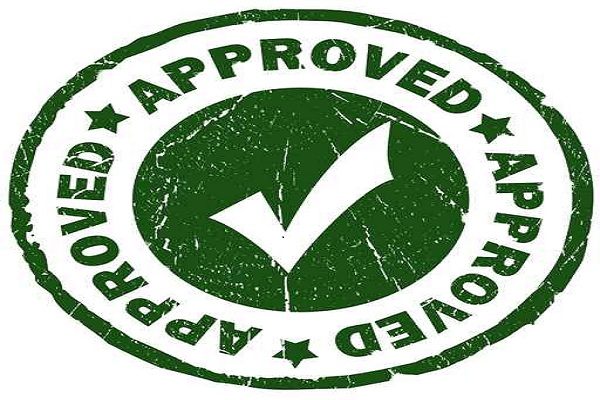
Environmental campaign group Greenpeace has blasted EPEAT's decision to add Ultrabooks to its approved list of green technologies.
The directory is used by resellers, consumers and companies that want to source environmentally friendly electronic products.
At the end of last week, EPEAT confirmed that "ultra-thin" notebooks from Apple, Lenovo, Samsung and Toshiba had met its admission criteria.
If companies can't make easy to repair products, they shouldn't be sold.
"Specific areas of concern addressed included whether products could be upgraded, if tools were commonly available to accomplish upgrades and whether materials of concern, including batteries could be easily removed," said EPEAT in a statement.
"All products investigated met the requirements of the criteria reviewed."
Debate about whether or not Ultrabooks should be included on EPEAT's registry has raged since July, when Apple reneged on its decision to remove its products from the directory.
Sign up today and you will receive a free copy of our Future Focus 2025 report - the leading guidance on AI, cybersecurity and other IT challenges as per 700+ senior executives
The move was blasted by green campaigners who said Apple's MacBook Pro product should not be included because the batteries are difficult to remove and repair.
This time around EPEAT's actions have been criticised by Casey Harrell, IT analyst at Greenpeace, who claims the move will result in the creation of more e-waste.
"EPEAT has confused consumers and businesses who want to buy green electronics that can be repaired and will last a long time, and sets a dangerous trend for the burgeoning market of Ultrabooks," said Harrell in a statement to IT Pro.
"Consumers will not risk violating their product warranty to change a battery...and are sure to conclude that the entire process is too complicated and [will] instead buy a new product."
Harrell also used the statement to hit out at vendors that make their products difficult to upgrade and repair, because of the impact it has on their lifespan.
"If companies can't make products that can be easily fixed, they shouldn't be sold," Harrell added.
-
 Trump's AI executive order could leave US in a 'regulatory vacuum'
Trump's AI executive order could leave US in a 'regulatory vacuum'News Citing a "patchwork of 50 different regulatory regimes" and "ideological bias", President Trump wants rules to be set at a federal level
-
 TPUs: Google's home advantage
TPUs: Google's home advantageITPro Podcast How does TPU v7 stack up against Nvidia's latest chips – and can Google scale AI using only its own supply?
-
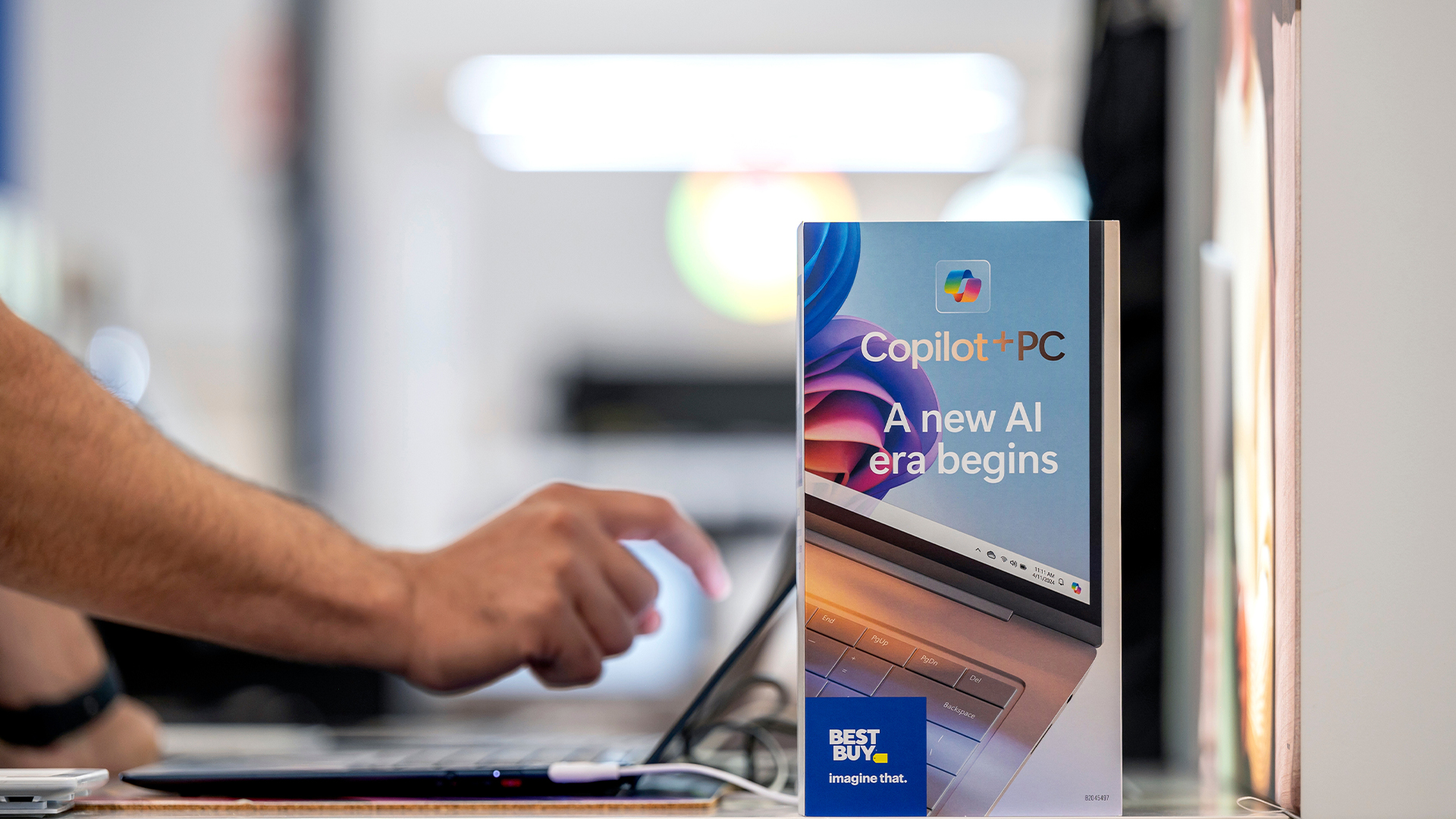 AI PCs will ‘become the norm’ by 2029 as enterprise and consumer demand surges
AI PCs will ‘become the norm’ by 2029 as enterprise and consumer demand surgesNews AI PCs are expected to make up a significant portion of the total PC market by the end of 2025 - and Gartner says they'll "become the norm" by 2029.
-
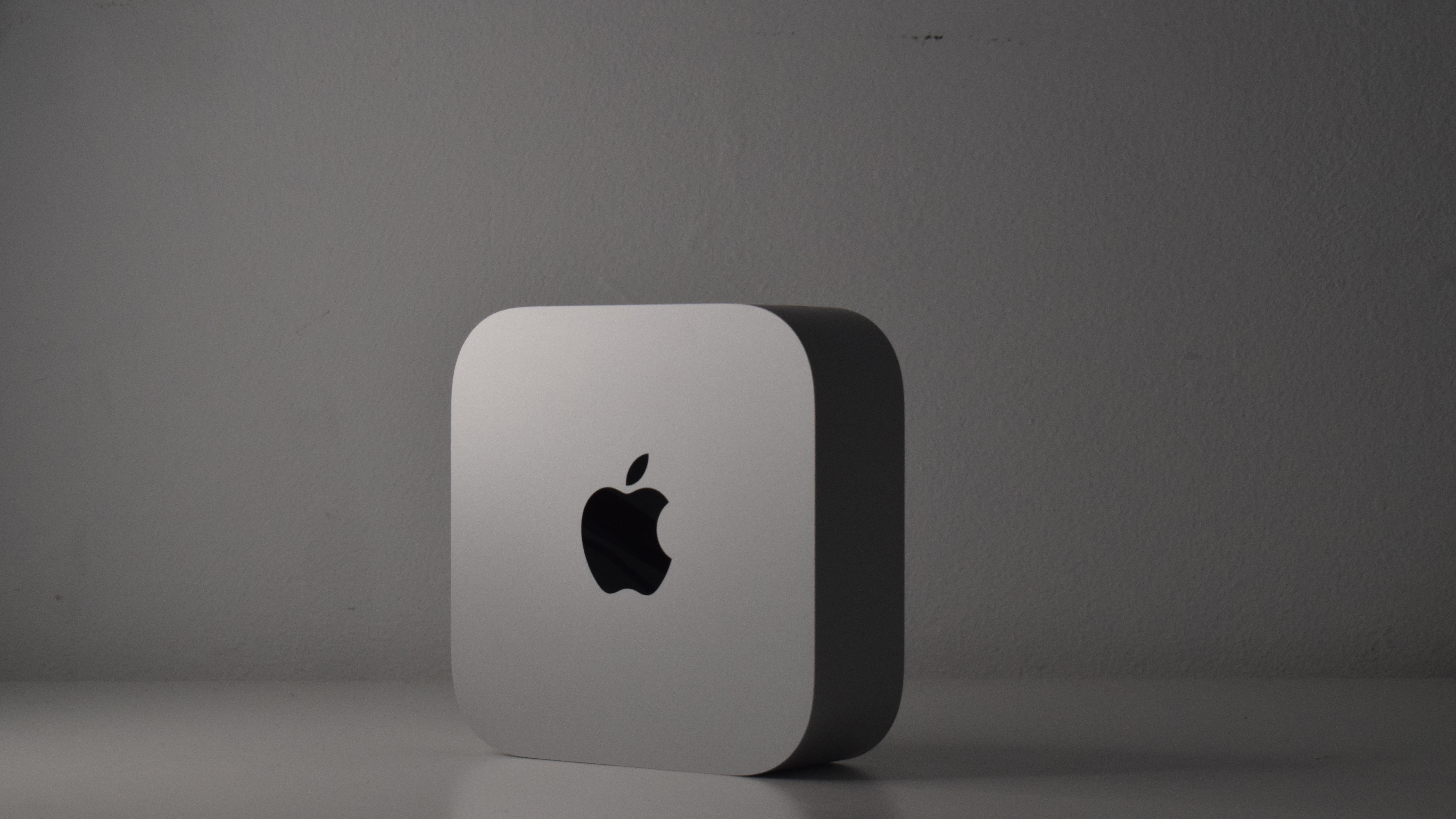 The Apple Mac Mini M4 is an affordable powerhouse that's perfect for any office desk – and it's also utterly adorable
The Apple Mac Mini M4 is an affordable powerhouse that's perfect for any office desk – and it's also utterly adorableReviews A changed design, an M4 chip, and more value for money, this is probably the best mini PC available right now
-
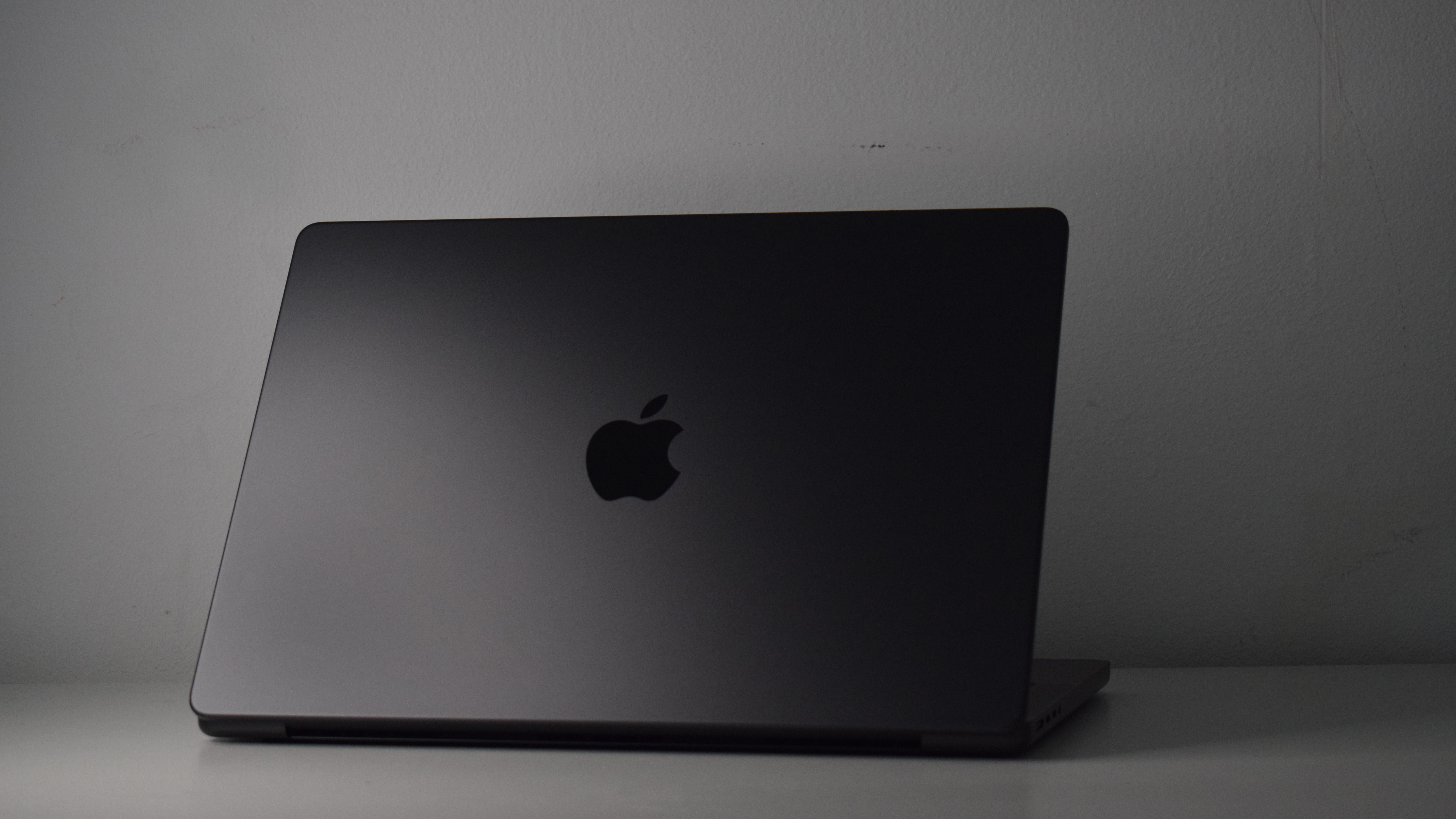 You will not believe the battery life on the Apple MacBook Pro 14in M4
You will not believe the battery life on the Apple MacBook Pro 14in M4Reviews A MacBook to outlast them all – the Pro comes with a cool design, intelligent features, and 20 hours of battery life
-
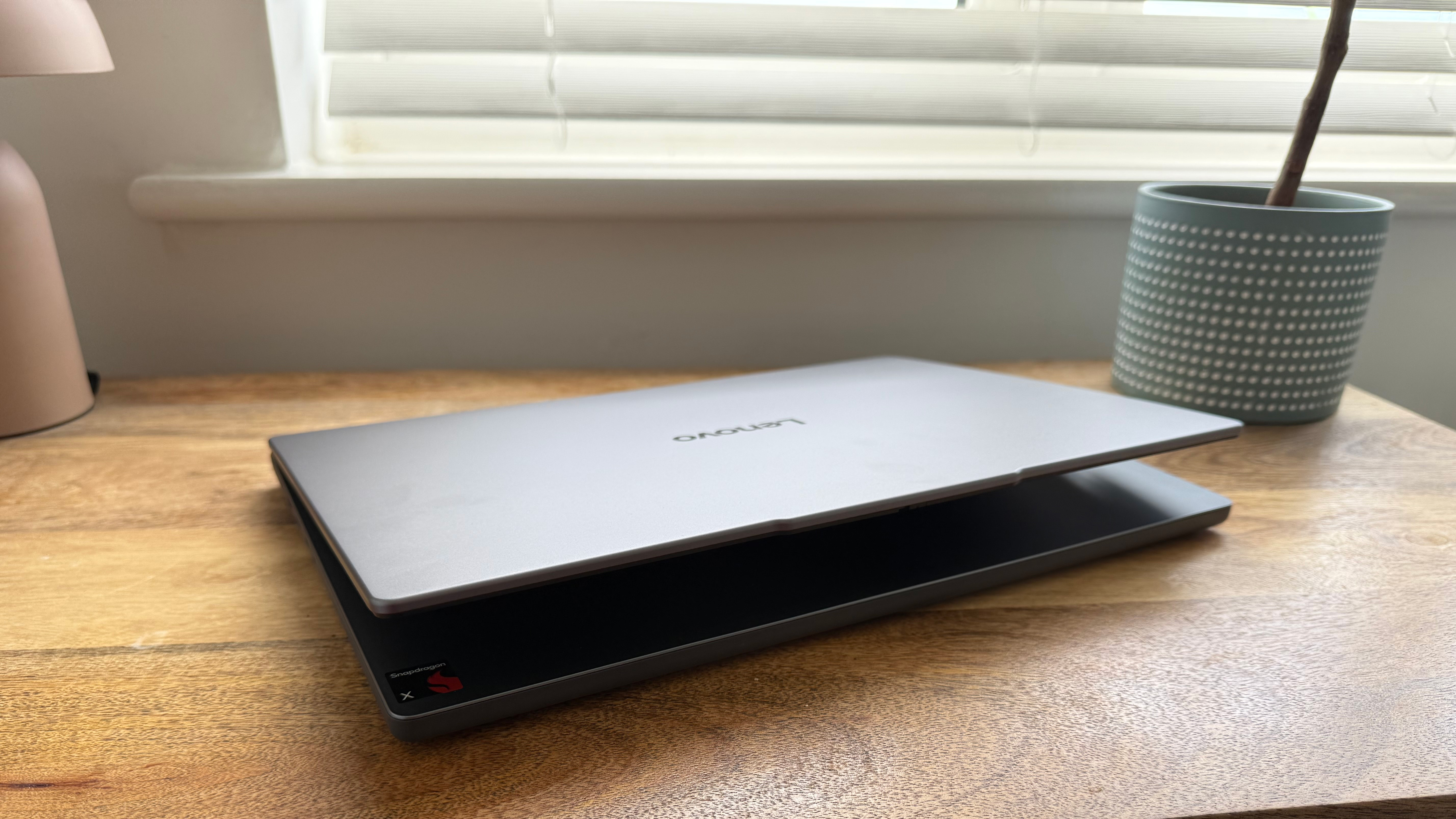 The Lenovo IdeaPad Slim 3x is a well-rounded budget laptop that punches above its weight
The Lenovo IdeaPad Slim 3x is a well-rounded budget laptop that punches above its weightReviews The Qualcomm Snapdragon X-powered laptop packs a punch for the price
-
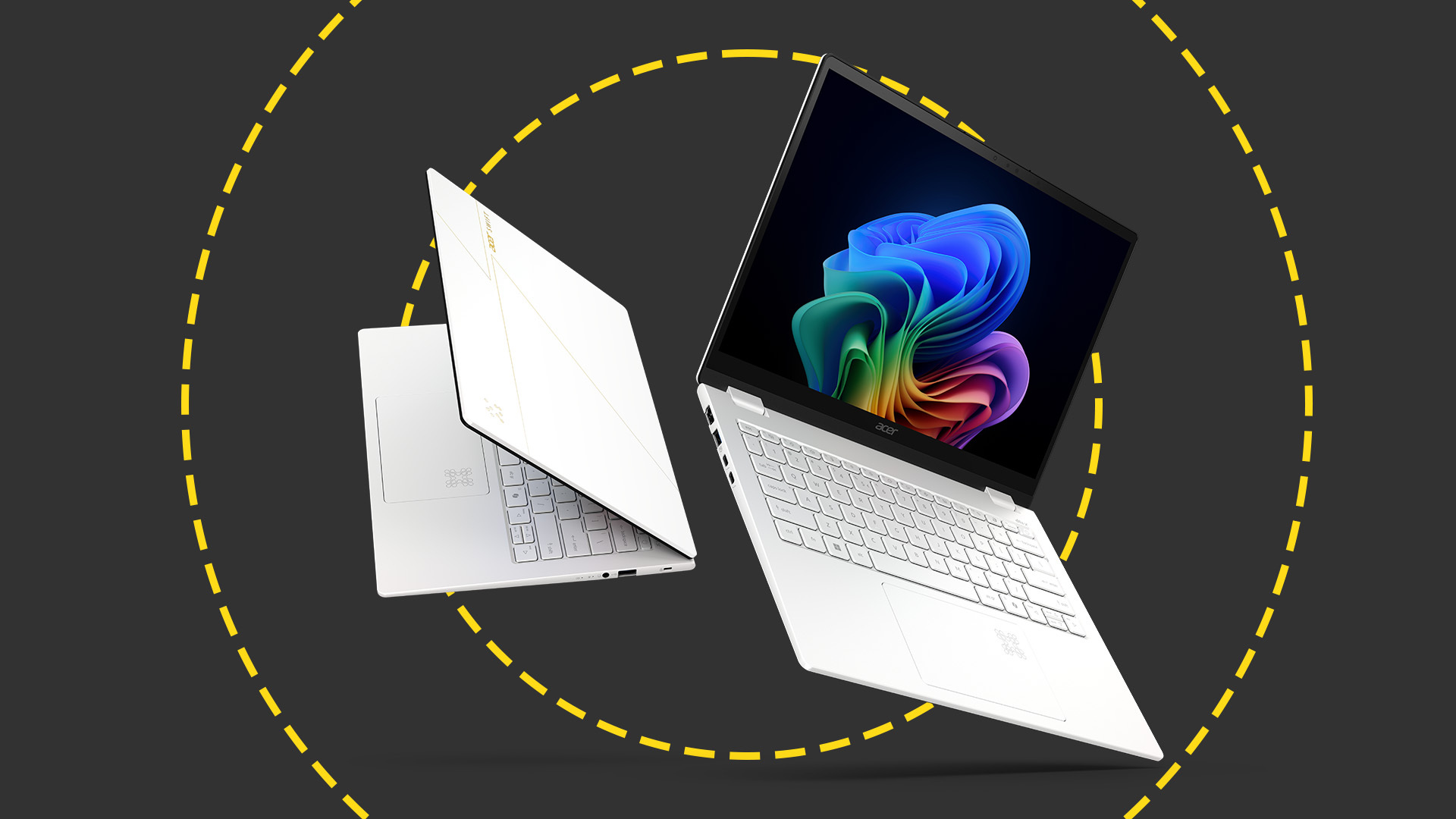 Acer's new Swift Edge 14 AI is a Copilot+ MacBook Air killer
Acer's new Swift Edge 14 AI is a Copilot+ MacBook Air killerNews Acer's new Swift Edge 14 AI is an ultra-lightweight, compact productivity powerhouse.
-
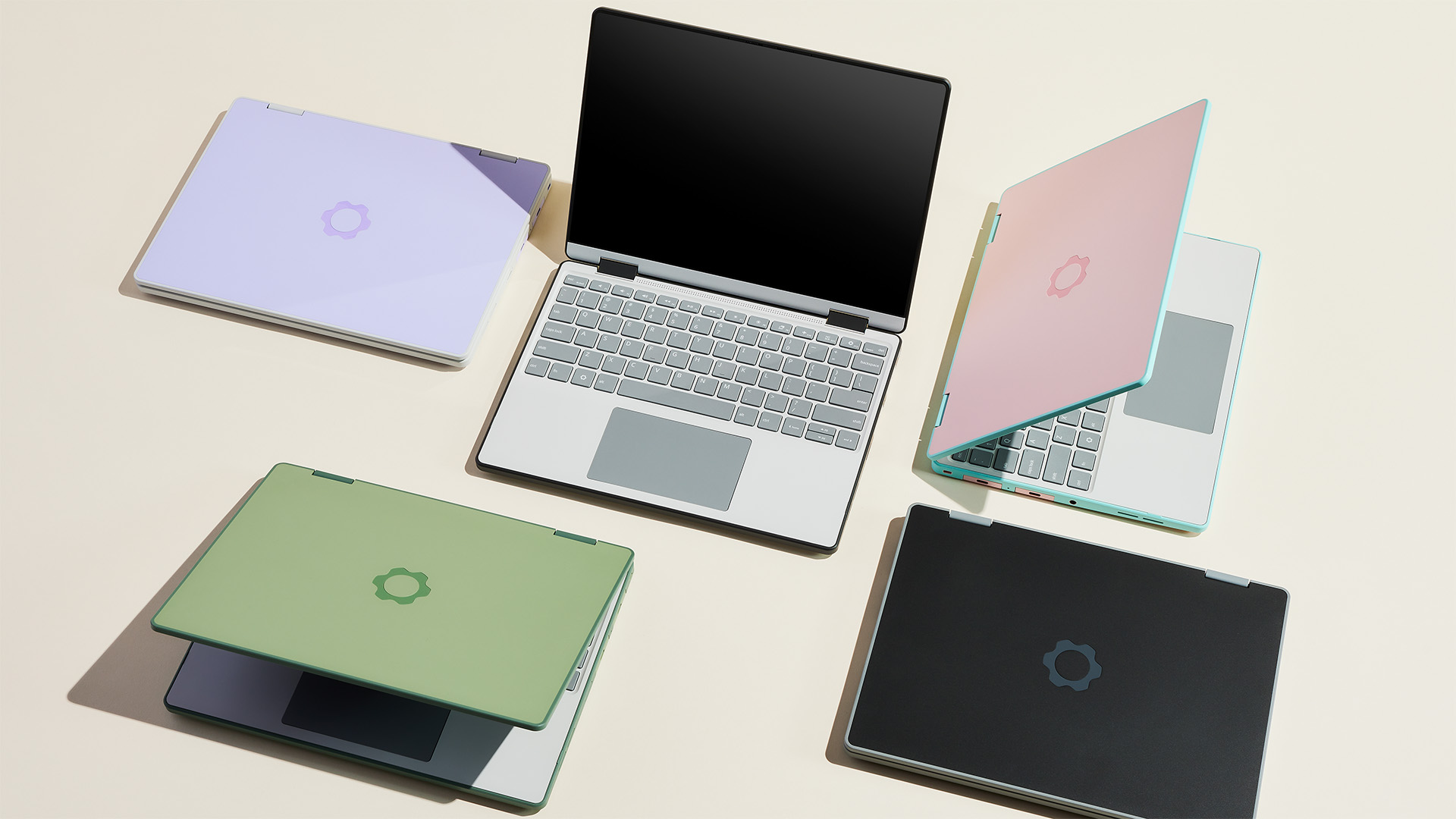 ‘We would have to sell the lowest-end SKUs at a loss’: Framework says it’s ‘temporarily pausing’ some US laptop sales amid tariff disruption
‘We would have to sell the lowest-end SKUs at a loss’: Framework says it’s ‘temporarily pausing’ some US laptop sales amid tariff disruptionNews Modular laptop designer Framework says it is “temporarily pausing US sales” in response to the disruption caused by US tariffs on Taiwanese imports.
-
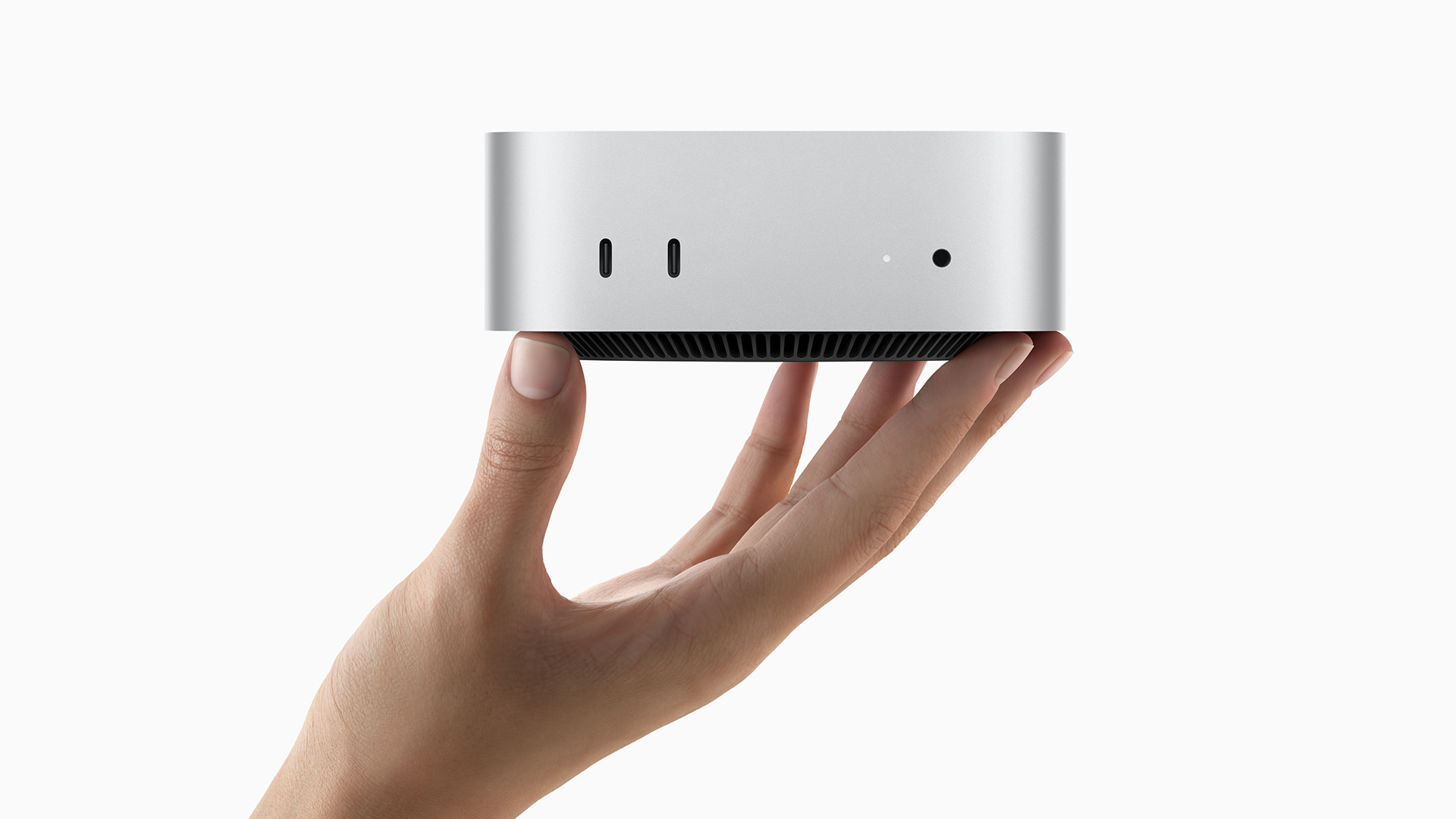 Apple’s ‘carbon neutral’ Mac Mini is small and compact, but packs a mighty punch with the new M4 chips
Apple’s ‘carbon neutral’ Mac Mini is small and compact, but packs a mighty punch with the new M4 chipsNews With a pint-sized footprint only half the size of its M2 predecessor, the M4 and M4 Pro edition of the Mac Mini promises to bring an unprecedented size-to-performance ratio
-
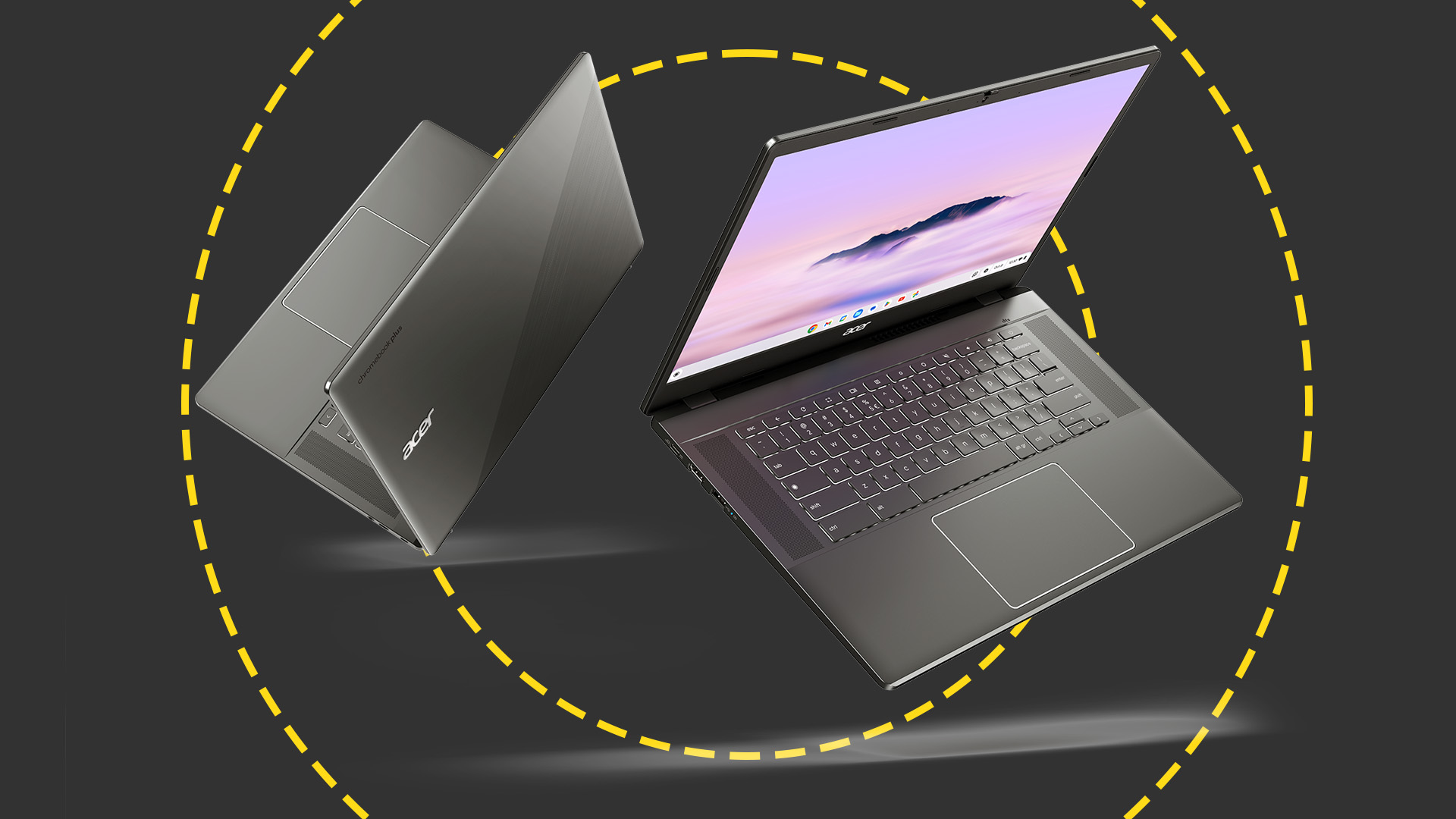 Acer Chromebook Plus 515 review: A brilliant big-screen workhorse for tight budgets
Acer Chromebook Plus 515 review: A brilliant big-screen workhorse for tight budgetsReviews Compromises have been made to stay in budget, but the Plus 515 makes sense as a hard-working, cost-conscious Chromebook